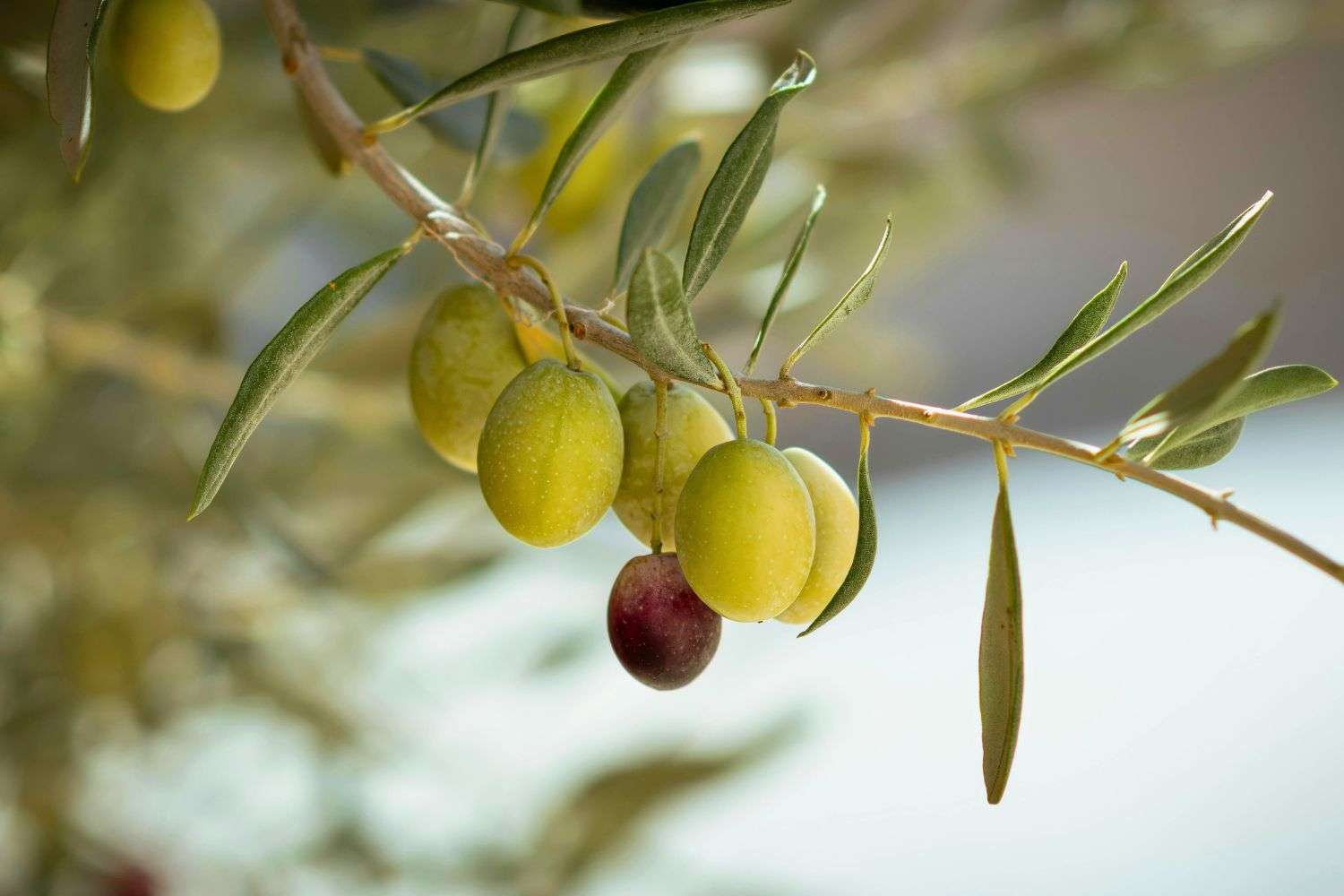Lincolnshire Grows Olive Oil: A British First
A New Chapter for a Long-Standing Farm
In the heart of The Fens, the Hoyles family has farmed rich, reclaimed silt soils for over 250 years, growing everything from potatoes to mustard seed. In 2024, they broke new ground—literally—by planting the first olive grove in Lincolnshire for olive oil production, reviving the region’s fruit‑tree heritage for the first time since the 1920s (The English Olive Company).
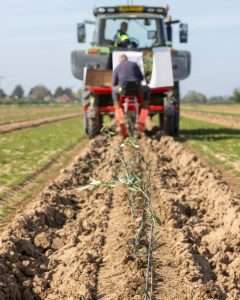
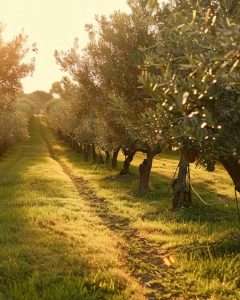
Photo credit: The English Olive Co.
Climate Change Makes Room for New Crops
As UK temperature averages rise, warmer summers are making it possible to grow crops like olives in parts of England that were once considered too cool. The Hoyles family recognised that their fertile soil and increasingly mild climate offered the right conditions, sparked by climate changes in recent years. Listen to an interview by The Farmer’s Weekly podcast below, from 38 minutes:
Learning from Southern Europe
Co-owner David Hoyles was inspired by time spent living in Portugal and Spain. He and the team researched olive varieties across Europe, selecting frost-tolerant, oil-rich types adapted to the UK’s conditions. Since 2019, they’ve been building a grove and refining techniques for harvesting, pressing, and bottling cold-pressed extra virgin olive oil (The English Olive Company).


Photo credit: The English Olive Co.
From Grove to Bottle: Authentic and Traceable
All the oil is made from olives grown, harvested, and pressed on the family’s farm in Spalding. Each grove row is individually tracked, and different olive varieties are harvested separately or blended for flavour. It’s simple, clean, and entirely traceable — no additives, justpure olive oil pressed in Lincolnshire.
Top 5 health benefits
- Rich in antioxidants: Olives are rich in plant compounds called polyphenols which have effective antioxidant properties. The beneficial effects of these compounds include reducing the risk of chronic diseases such as atherosclerosis and cancer.
- Are anti-inflammatory: One of the polyphenols in olives is called oleocanthal. This compound appears to share the same pharmacological activity as ibuprofen, and acts as a natural anti-inflammatory. Interestingly, this useful property has been associated with positive changes in those with rheumatoid arthritis.
- Supports heart health: Although high in fat, the majority is a beneficial monounsaturated variety called oleic acid. This fatty acid is associated with reduced risk of heart disease. Oleic acid may help in this way by regulating cholesterol balance and reducing blood pressure.
- Healthy bones: Studies suggest plant compounds in olives help prevent bone loss and may help prevent osteoporosis. Those who follow a Mediterranean diet also appear to have a lower incidence of fracture.
- Vitamin E and the immune system: Olives are rich in vitamin E, which can improve skin health and help your immune system. By consuming such foods you are adding beneficial bacteria and enzymes to your intestinal flora, which increases the health of your gut microbiome and digestive system, and may enhance your immune function.
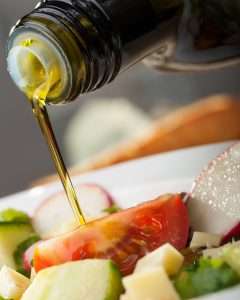
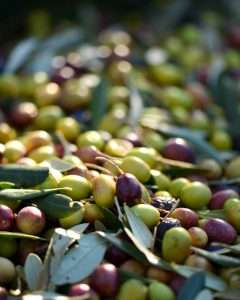
Why It Matters to You
- UK-grown olive oil? It’s a first for Lincolnshire and part of a growing trend as our climate warms.
- It shows how farms can adapt and innovate, bringing surprising new products to British tables.
- Choosing local olive oil means fresher flavours, lower food miles, and supporting British agriculture.
Interested in buying a bottle or learning more? Visit The English Olive Co. to follow their journey as they produce olive oil unique to the UK countryside. Enjoy the taste of British innovation—drizzle it on salads, bread, or roasted veggies and savour the flavour of Lincolnshire growing something new. Find more details on their Instagram page.
